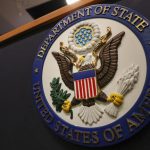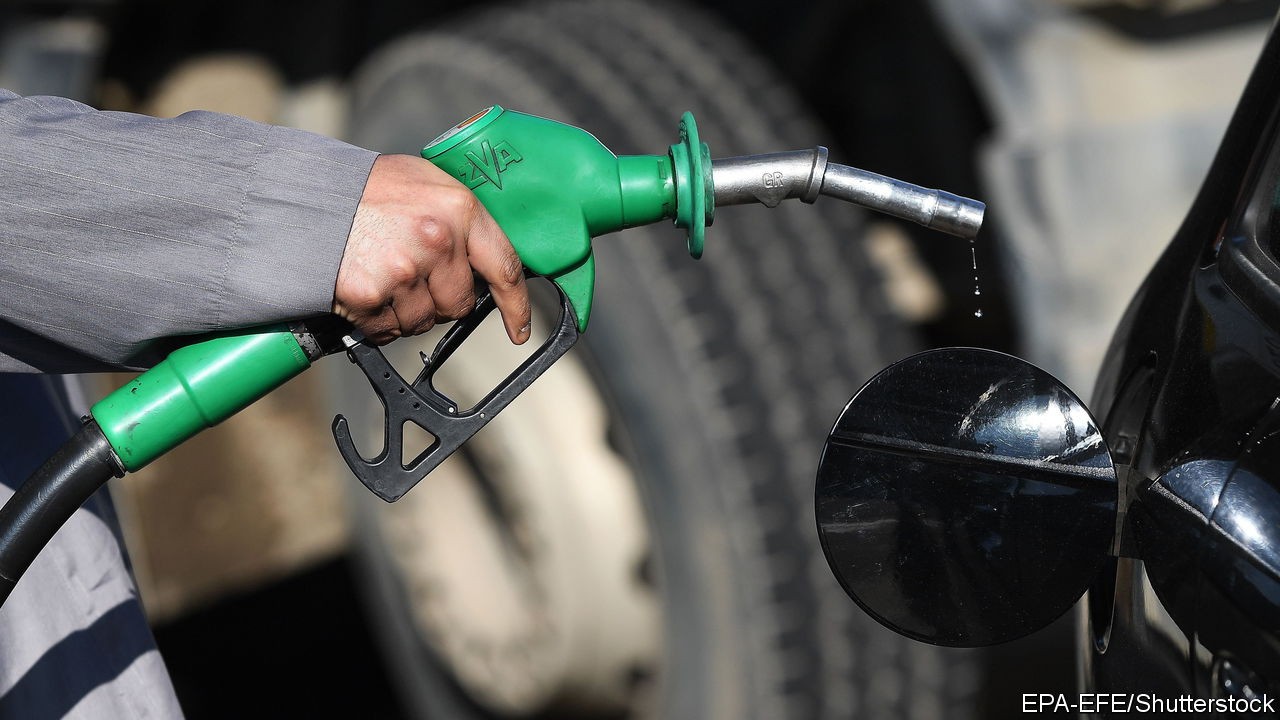President of the Petroleum Dealers Association (PDA) Robin Naraynsingh is speculating that prices at the pumps will increase by $1 in today’s Budget presentation by Finance Minister Colm Imbert.
“There is a rumour that the prices of fuel will increase by $1 at the pumps at service stations. I am not sure if it is true. That is what I am hearing. Our members know the prices will go up…but we don’t know if it will take effect tomorrow (today). But we know it will definitely go up,” Naraynsingh told Guardian Media during a telephone interview yesterday.
Earlier this month, Imbert, speaking during his presentation at the Spotlight on the Economy at the Hyatt Regency Hotel in Port-of-Spain, estimated that the fuel subsidy will cost the Government $2.6 billion for 2022 at current energy prices.
Imbert said that for the fiscal year 2023, it could cost $2.1 billion based on US$97.50 a barrel of oil. He also revealed that the Government wants to cap the fuel subsidy at $1 billion annually, and this could lead to higher fuel prices in the short run.
Imbert may address this issue in today’s Budget presentation in Parliament.
In April, the price of a litre of premium gasoline increased by $1 to $6.75. Super gasoline jumped from $4.97 to $5.97 per litre and the price of diesel went up by 50 cents per litre to $3.91.
The population, under the leadership of Prime Minister Dr Keith Rowley’s administration, has been subjected to several fuel prices.
Naraynsingh said if the prices should increase again in 2022, it would cause a chain reaction.
“Everything will go up again…from public transportation to grocery items.”
He said April’s price adjustment was a hard blow to the lower and middle-income earners, who have been grappling with rising food inflation triggered by the COVID-19 pandemic and conflict between Ukraine and Russia.
However, he felt the subsidy should remain for certain sectors of society.
Naraynsingh said the population has to understand the position the Government has found itself in with falling revenues and rising debt.
“There will never be a good time for a price adjustment. No time will be palatable for the country or for people who think they have to pay more so suddenly,” he said.
However, he said citizens must also be mindful that the price of fuel is always fluid.
“It can always go up or down. So, we have to be prepared for any eventuality.”
Naraynsingh admitted that his members met to discuss what an increase would mean to their struggling businesses.
“We had meetings…we know the price will go up. But the effect on the petroleum dealers is going to be hard because a lot of us will have to go to the banks to have increased overdraft facilities and other charges. We must be able to have more money to buy the products so we can sell them. It is going to be difficult, it will be a struggle.”
Naraynsingh said his 130 members have expressed apprehension at another price increase.
In the last five months, Naraynsingh said revenue at several service stations dropped between eight to ten per cent.
“It’s an all-round decline. It has increased the hardship of their operations. Sometimes they fall short of their order, or it decreases their cash flow. They have to buy less fuel.”
He said motorists have also been spending less on fuel.
“In other words, if a motorist was accustomed to spending $200 a week to fill their tank. They are spending the same amount but receiving less fuel.”
Naraynsingh said some drivers have been conserving fuel by driving less.
Asked if another price hike could lead to service stations closing their businesses, Naraynsingh said “that could be a possibility.”
He added that motorists are also anxious.
“They are hoping that Government pulls the brake on a price increase in tomorrow’s budget because it has only been five months since the last hike and it would only bring further hardship on the population.”










